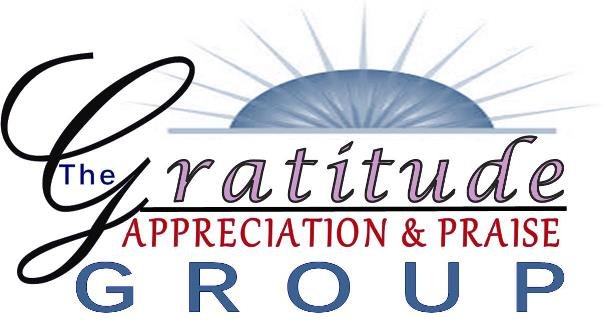|
The Entrepreneurial G.A.P. by Tim Staton If an employee feels appreciated by the people with whom they work they often report that they enjoy coming to work and that they are more satisfied with their jobs. According to Dr. Gary Chapman and Dr. Paul White in “The 5 Languages of Appreciation in the Workplace” the number one factor in job satisfaction is whether or not a person feels appreciated or valued for their work, not how much money they make. A study conducted by the United States Department of Labor found that 64% of employees who leave their job say they do so because they don’t feel appreciated. This study involves people from all levels of an organization from the boardroom to the hourly employees. When we consider the cost of turnover in an organization these numbers jump off of the page at us. Finding, hiring, training and developing good employees who end up leaving because they don’t feel appreciated is a colossal waste of time and resources. But not all appreciation is the same and what makes one person feel appreciated may not ring true to another. Knowing your employees and providing that which makes them feel appreciated will unleash their potential and create loyal teammates. Let’s take a quick look at some of the ways Chapman and White have identified.
I recommend checking out Chapman and White’s free resource to discover your team’s language of appreciation found at http://mbainventory.com/. Probably one of the most important lessons they teach is to resist the temptation to think that everyone is motivated with the same “appreciation language”. Some prefer words of affirmation which are reassuring words which express appreciation. Others interpret gratitude as quality time spent with supervisors discussing ideas that matter. Some of your team members need tangible gifts to feel appreciated while others simply want a helping hand when they are covered up with work. Some even require appropriate physical touch to really feel appreciated. A pat on the back, a high five or a fist bump to this person is as important as a monetary reward. If you attempt to force fit a cookie cutter appreciation program onto your team your efforts may not simply be ineffective, they may even be interpreted as uncaring and insulting to some who “speak a different language”. Congratulations! You have recognized the value of appreciation in the workplace. Don’t let your sincere efforts fall on deaf ears because you didn’t take the very important step of discovering and using their “language”. Tim Staton is passionate about gratitude, appreciation and praise (G.A.P). He is an author, coach, public speaker and a fellow entrepreneur. Visit him at https://www.facebook.com/timstatondotcom
0 Comments
Leave a Reply. |
